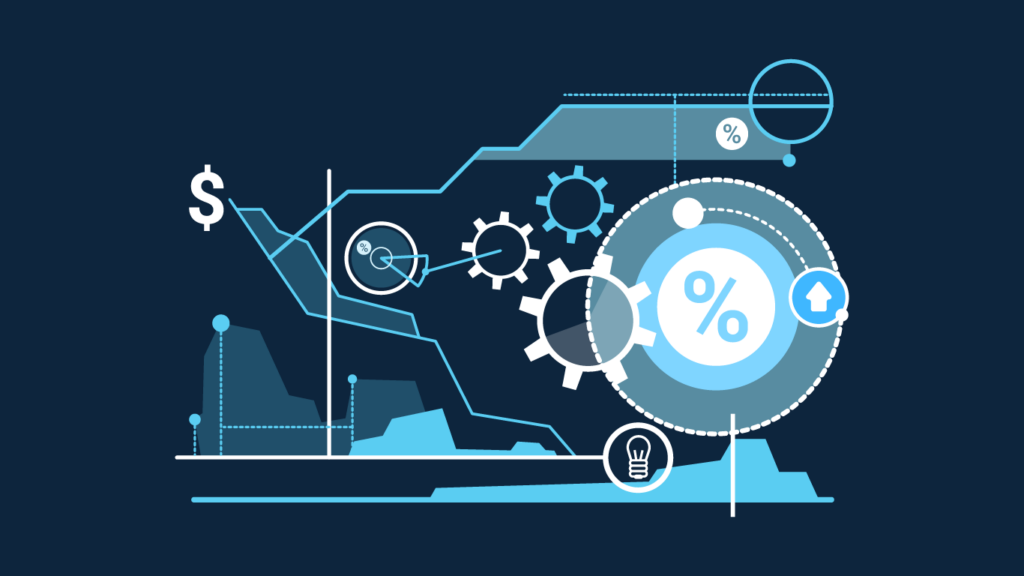In the fast-paced world of e-commerce, a seamless shopping experience is vital. A slow-loading website can lead to frustrated visitors, abandoned carts, and a negative impact on your bottom line. That's where optimizing your Magento store for performance comes into play. This guide will explore effective strategies to ensure your Magento store runs at its best, delivering exceptional user experiences and boosting conversion rates.
Choose a Quality Hosting Provider:
Your hosting environment lays the foundation for your store's performance. Opt for a reliable hosting provider that offers scalable resources, fast server response times, and robust security measures. Consider cloud-based solutions that can handle traffic spikes without compromising performance.
Enable Full-Page Caching:
Magento provides built-in caching mechanisms to speed up page loading times. Utilize full-page caching to store entire pages as static HTML files, reducing the load on your server and database. This can dramatically improve response times and decrease server load.
Minimize Extensions and Plugins:
While extensions and plugins can enhance your store's functionality, an excessive number can slow down your website. Evaluate the necessity of each extension and ensure they're well-coded and optimized. Regularly review and uninstall any that are no longer needed.
Optimize Images and Media:
Large image files can significantly slow down page load times. Use image compression tools to reduce file sizes without compromising quality. Implement lazy loading to load images as users scroll, improving initial page load times.
Implement Content Delivery Networks (CDNs):
CDNs distribute your website's assets across multiple servers worldwide. This reduces latency and ensures users receive content from a server that's geographically closer to them. Integrate a CDN with your Magento store to deliver images, CSS, and JavaScript files faster.
Minify CSS, JavaScript, and HTML:
Minification involves removing unnecessary characters from code files without affecting functionality. Utilize tools to minify CSS, JavaScript, and HTML files, reducing their sizes and improving load times.
Optimize Database Performance:
Magento heavily relies on its database for various operations. Regularly clean up unnecessary data, optimize database tables, and use indexes to speed up queries. Consider using tools like MySQLTuner to analyze and fine-tune your database performance.
Enable Gzip Compression:
Gzip compression reduces the size of files sent from your server to users' browsers, resulting in faster load times. Enable Gzip compression on your server to efficiently deliver compressed content to visitors.
Monitor and Analyze Performance:
Use monitoring tools to track your store's performance metrics, page load times, server response times, and resource utilization. Regularly analyze these metrics and identify bottlenecks or areas for improvement.
Upgrade to the Latest Magento Version:
Magento releases updates with performance improvements and bug fixes. Ensure your store is running on the latest version to take advantage of these enhancements.
In the competitive world of online retail, every second counts. By implementing these performance optimization strategies for your Magento store, you can deliver a seamless shopping experience that keeps visitors engaged and encourages them to convert. From choosing the right hosting to minifying code and leveraging CDNs, each step contributes to a faster, more efficient e-commerce platform. Remember, consistent monitoring and periodic fine-tuning are keys to maintaining optimal performance over time. Invest in the optimization process, and watch as your Magento store accelerates toward success.
Blog By: Umer Farooq,
Team Lead - Web Development
Date: 29-08-2023





